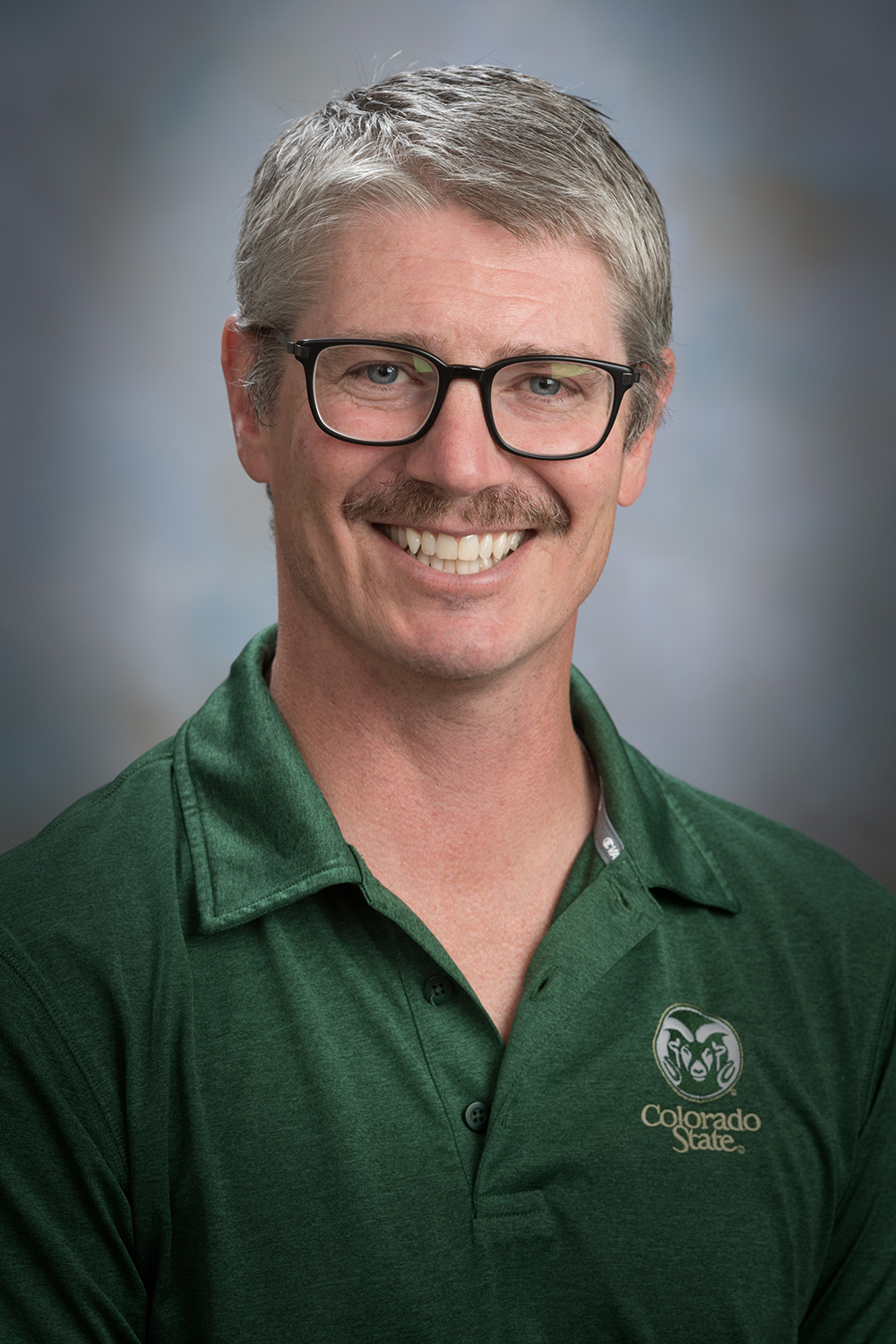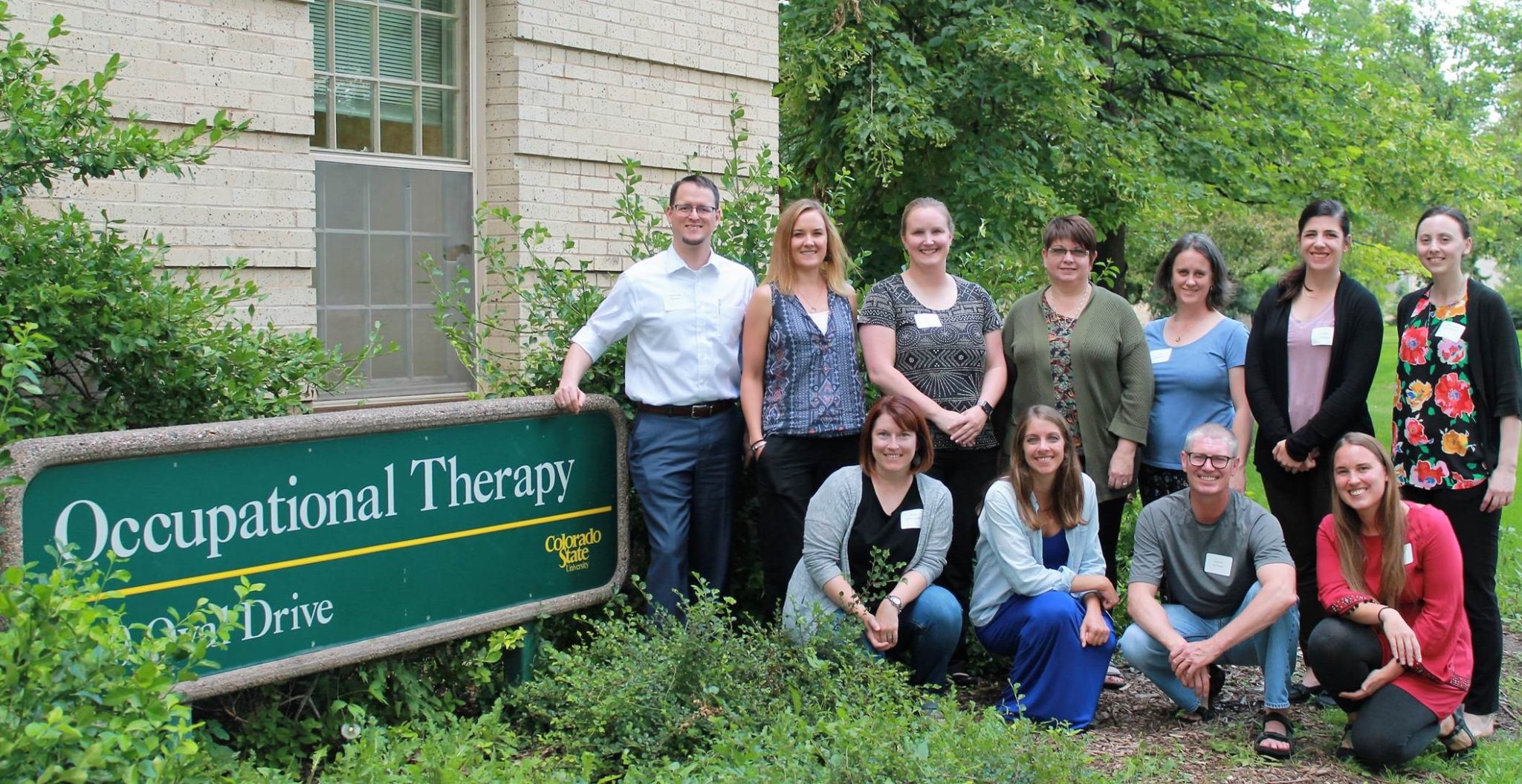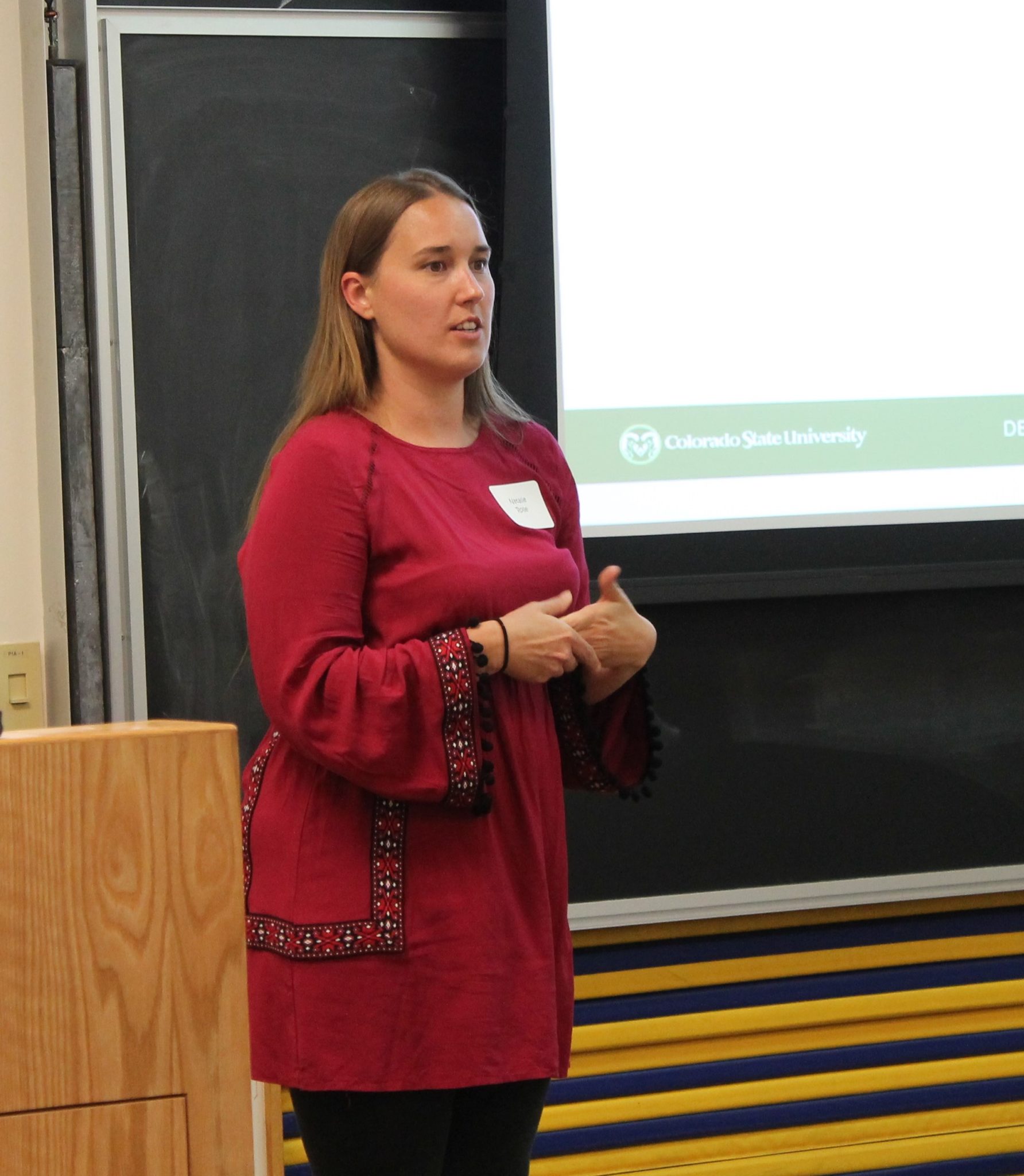Story by Maggie Grayson
Sleep is the foundation that enables us to participate in the activities we need and want to do every day but is surprisingly not often addressed. Often many people feel the detrimental effects of not getting enough sleep in multiple areas of their lives. According to the American Sleep Association, 50-70 million U.S. adults have a sleep disorder of some kind.

Aaron Eakman, associate professor in the occupational therapy department and Natalie Rolle, occupational therapist in the department’s Center for Community Partnerships, wanted to address this subject and provide training for occupational therapists. The decision was inspired by seeing a need in the field of occupational therapy and wanting to fill it with their combined experience and knowledge.
After attending their second training in cognitive behavioral therapy for insomnia at the University of Pennsylvania School of Medicine, the leaders of the CBT-I course approached Eakman and Rolle and asked them if they had ever thought of leading their own training. “With their blessing and support, we added an occupational therapy flare to the base outline they provided,” shared Rolle when asked what the first steps were in creating their own course at Colorado State University. This resulted in Eakman and Rolle leading the first CBT-I course exclusively for occupational therapists in the nation this past summer.
“I think it was important that our profession be exposed to this intervention,” said Eakman. “We knew we had an intervention worth sharing.”
Helping student veterans
Cognitive behavioral therapy is a psychotherapy that focuses on helping people change their unhelpful thoughts and behaviors through a variety of techniques. When used to specifically treat insomnia, it is referred to as CBT-I, and can be described as a training program that helps individuals develop the knowledge and skills they need to sleep better.
Eakman and Rolle who received their advanced training in 2016, have implemented this intervention with many participants, specifically veterans with insomnia in their Restoring Effective Sleep Tranquility program. The REST program has had tremendous success since its creation in 2015 and continues to do so in helping student veterans who have a hard time falling asleep, staying asleep or waking before their desired time. In their feasibility and pilot study, Eakman et al. (2017) found that the REST intervention significantly benefited veterans by reducing their symptoms of insomnia, nightmares and dysfunctional sleep beliefs while increasing their ability to participate in social roles and activities.
Two and one-half days of training
 The cognitive behavioral therapy for insomnia for occupational therapists course was a two and one-half day workshop attended by nine clinicians who learned how to incorporate this research-based and supported treatment into their practice. Day one focused on creating a strong foundation and understanding of sleep and the human sleep system where attendees learned about insomnia as well as how to identify other sleep disorders they may encounter. The next two days of the training delved into how to deliver the intervention itself and clinicians were taught how to initiate the intervention as well as how to know when it is time to end it.
The cognitive behavioral therapy for insomnia for occupational therapists course was a two and one-half day workshop attended by nine clinicians who learned how to incorporate this research-based and supported treatment into their practice. Day one focused on creating a strong foundation and understanding of sleep and the human sleep system where attendees learned about insomnia as well as how to identify other sleep disorders they may encounter. The next two days of the training delved into how to deliver the intervention itself and clinicians were taught how to initiate the intervention as well as how to know when it is time to end it.
“Even though I have done research on sleep, I have a much more functional understanding of sleep and what we, as occupational therapists, can do to help with insomnia. I have a lot more tools in my toolkit and can apply this knowledge to future research and practice,” shared one participant.
Another participant said, “There were great examples and instruction on complex topics. It was an extremely passionate training that made you get excited about the importance of sleep and how occupational therapists can address it.”
National and international interest

“It was nice to have a group of occupational therapists that were unsure about sleep, but came out of the course as practitioners who felt more confident in addressing sleep in their everyday practice,” said Rolle. But the training on this topic is not done.
As one participant expressed, “I learned so much about sleep and CBT-I. How is this not a thing?!”
Eakman also acknowledged this lack of awareness of the importance of sleep as an area of growth for the field of occupational therapy. At this year’s Society for the Study of Occupation USA annual conference this topic was also addressed with the main theme being sleep and restoration. “We’re bringing people internationally and nationally together and really trying to concentrate on these topics,” shared Eakman.
The future of Eakman and Rolle’s CBT-I for occupational therapy training looks bright with plans to hold the course again this summer, June 20-22, at Colorado State University. “We had interest from other colleges across the country and even internationally,” shared Rolle. “Sleep is a foundational occupation that needs to continue to be addressed.”
Given Eakman and Rolle’s plans for the future, training will continue to grow and expand with their knowledge and passion for helping individuals sleep better. If you are an occupational therapy practitioner and you are interested in registering for the upcoming summer 2019 CBT-I training, more information can be found at http://restweb.colostate.edu/home/cbti-for-ot-training/
The Department of Occupational Therapy is part of CSU’s College of Health and Human Sciences.